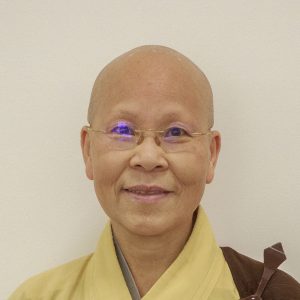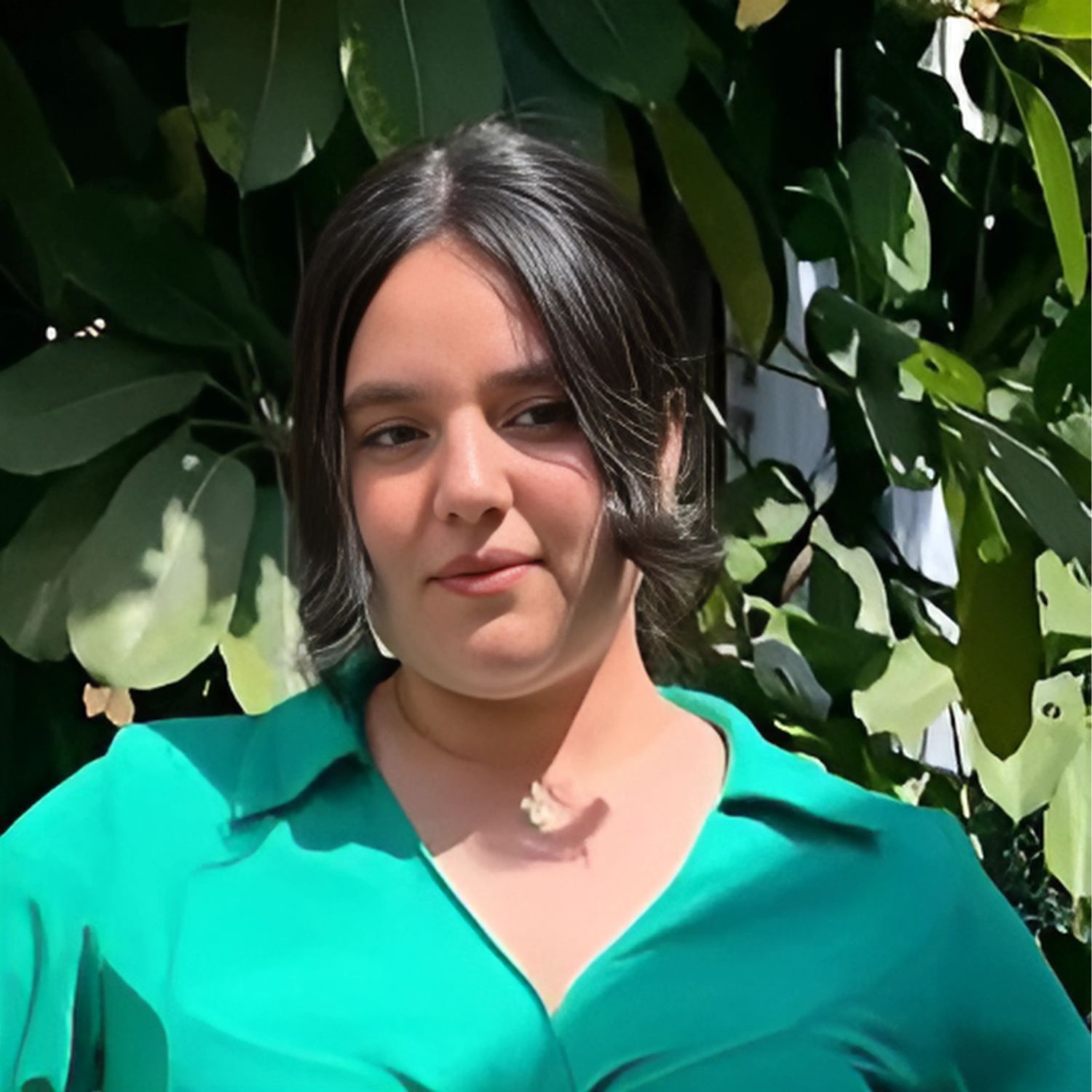
Hometown:
City of Ten Thousand Buddhas (CTTB)
Education:
BA in Buddhist Classics, Dharma Realm Buddhist University
What was I doing before DRBU?
I was working full time in the CTTB Visa Department, managing the Guest Building, and manning the Guest Building Administration Office.
Concept that blew my mind
The concept of being vulnerable blew my mind. It helps us to open up our afflicted mental states and give us strength and wisdom.
Challenge(s) I faced
I find the shared inquiry model and paper-writing equally challenging. Perhaps, it is because English is my second language, or that I have been out of practice in both of these areas for many years.
How has DRBU changed me?
Everyone’s genuine, sincere way of being inspires me to be a more open and vulnerable person. They help me share my own unwholesomeness, which is a great obstacle in my spiritual practice. What a great relief! The MA Program, particularly close reading and the shared inquiry model, have helped me to understand the texts and sutras in much more depth. I’ve learned to view the world on a greater scale, and that helps me recover my intrinsic wisdom by ‘reduction’ and by living simply.
What surprised me about DRBU?
What surprised me was the connectedness, joyful vigor, creativity, harmony, and how much could get done with just a handful of faculty and staff members. It’s an amazing community!
Title of senior essay/a recent paper:
“How Can One Train One’s Mind to See Through Suffering and Gain Happiness?”
What is it about?
It’s about the function of our mind through the lens of the Three Texts on Consciousness Only.
What is it really about?
Our mind is constructed by three transforming consciousnesses. The first transforming consciousness is the eighth consciousness, alaya-vijnana, which stores all our karmic seeds. The second transforming consciousness is the seventh consciousness, manas. The third transforming consciousness is the sixth consciousness, mano-vijnana, which has an extremely wide range of psychological functions.
From the sixth consciousness, we can get access to stillness––to create a space of freedom to stop following our habituation and plant new wholesome seeds for the future. The critical moment is at the stage of volition––the movement of the mind. At this point, the intention is moving towards an object—good, bad, or neutral. This is the moment we can make a difference.
What’s your service scholarship (work study) job?
I work part-time in the Visa Department, maintain the Guest Building, man the Guest Building Administration Office, work in the Big Kitchen on Saturday mornings, and teach Girl School students once a week on Fridays.
Do you have a daily practice— if so, what is it?
I attend the Morning and Evening Ceremonies at CTTB, sit and meditate for an hour in the morning, and do walking meditation for half an hour in the afternoon.
What do you do for fun?
I attend cohort meetings and outings and special evening activities at DRBU. I also lead the Sunday Meditation Circle at Sudhana Center, participate in Life Liberation activities in Preetirang Sanctuary, and take care of all the plants in the Guest Building.
How does what you’re learning here carry out into the world?
I have become more receptive, supportive, patient, responsible, joyfully, helpful, respectful to others, less selfish, and able to more often rejoice and follow others’ good deeds.


